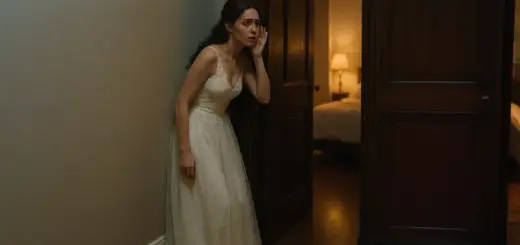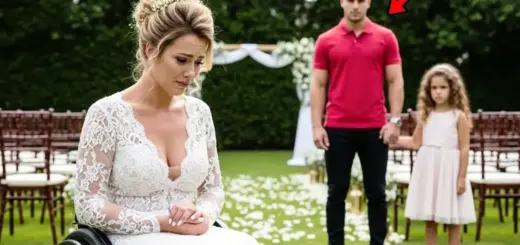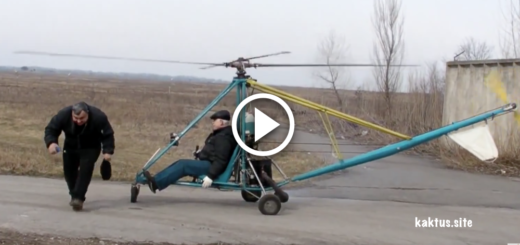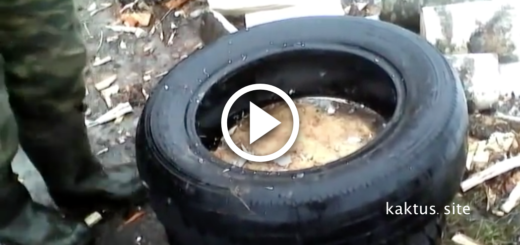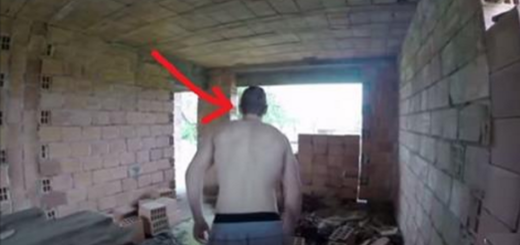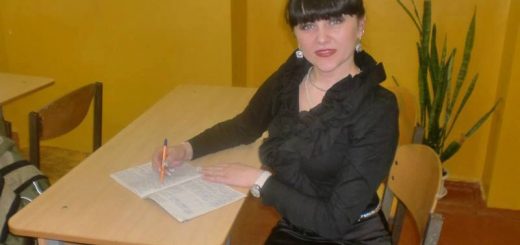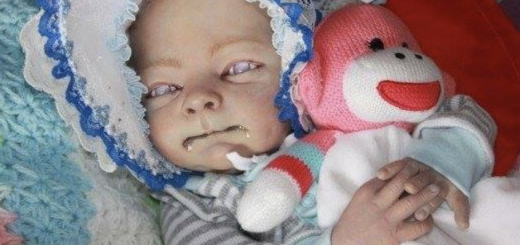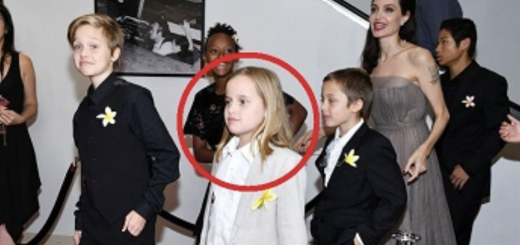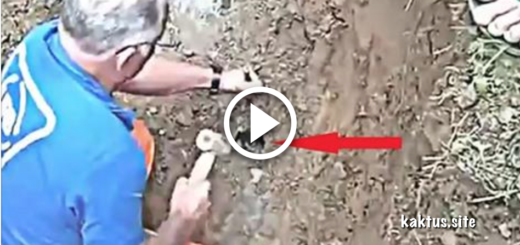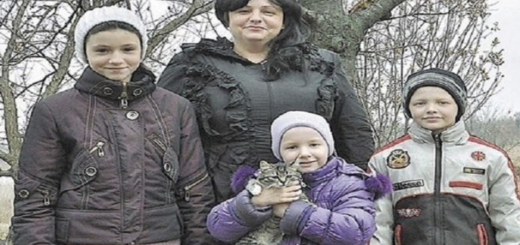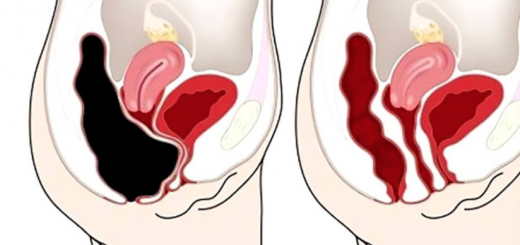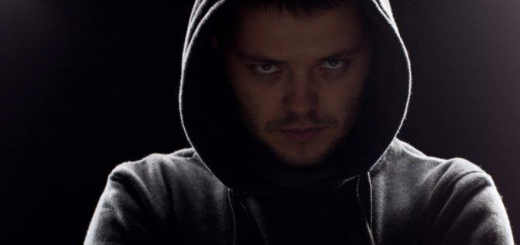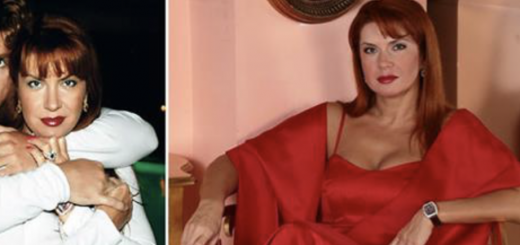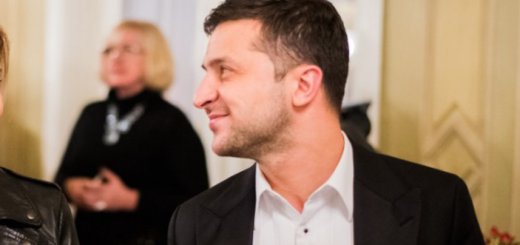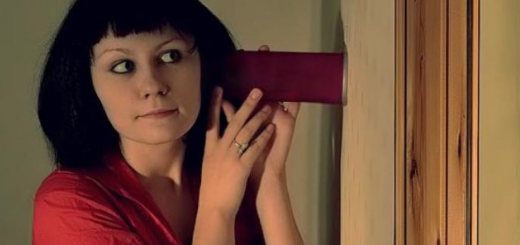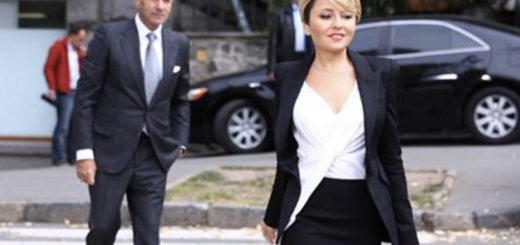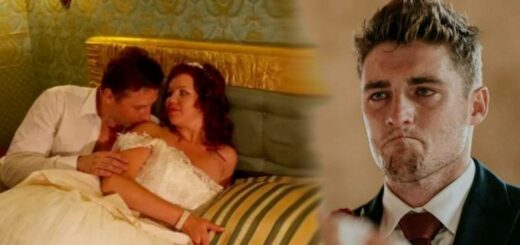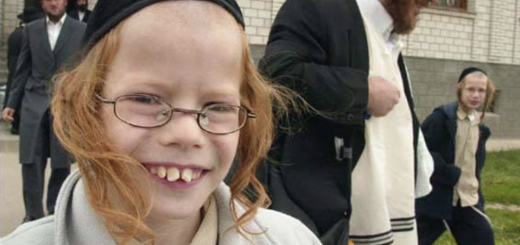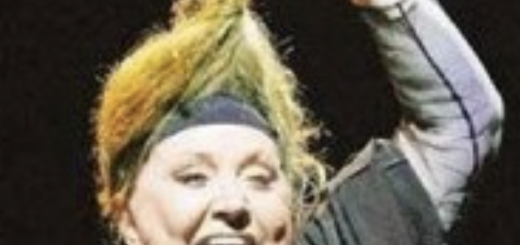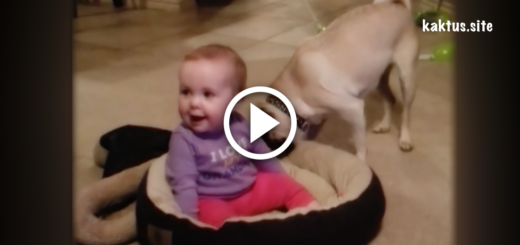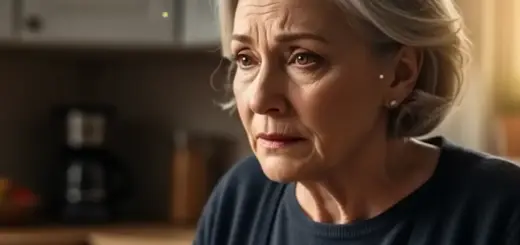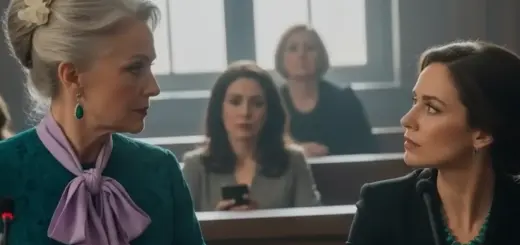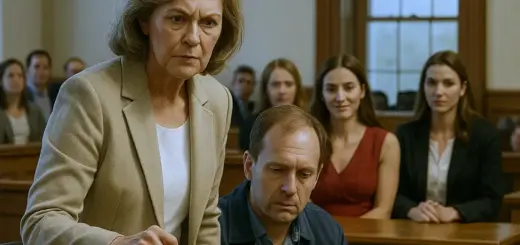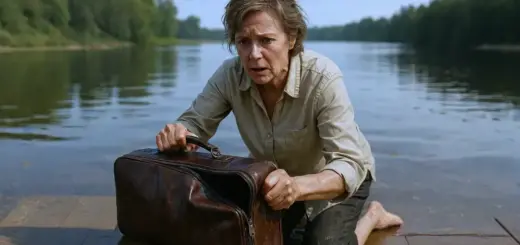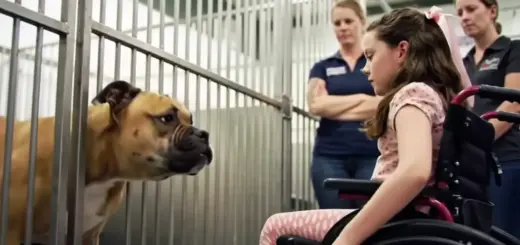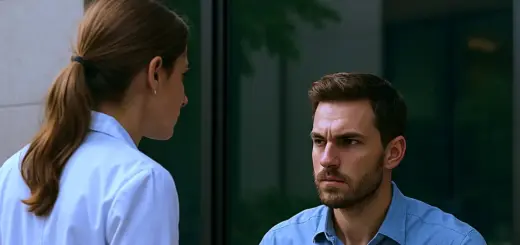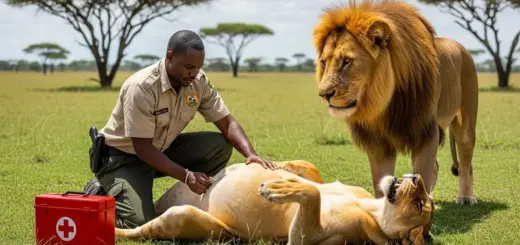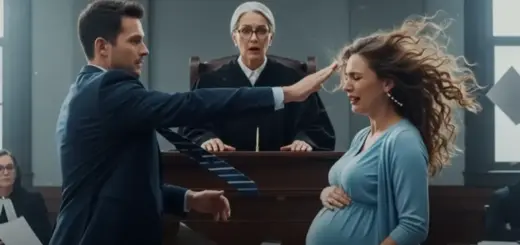I clicked. The email opened with a sentence so polished, so smug, it could have been lifted straight from one of those Sunday real estate commercials. You’re welcome. I made sure the property reflects reality now. You always wanted them taken care of. And they are. By us.
No greeting. No warmth. Just a claim of victory dressed as charity. Attached was a PDF. I opened it. There it was: a scanned page with my name. Neatly signed in digital ink. My name. My signature.
Under the heading: Property Transfer Authorization. But I never signed that. I knew exactly where that came from. A lease agreement I digitally approved for my mother two years ago when she was having trouble renewing the family car insurance. Calder had access to that file. He must have lifted it, edited it, and pasted it into this new document like it was nothing more than a graphic.
I scrolled down to the end of the message, where he’d typed one final line. Push this and I’ll make sure everyone knows what kind of daughter you really are.
A chill moved through me that no blanket could stop. It wasn’t just a warning. It was a weapon.
The next morning, I didn’t shower. I didn’t eat. I drove straight to the penthouse. I was done playing nice.
At the front desk, the building security guard stood up when he saw me. «Morning, ma’am. ID, please.»
I gave him a tight smile. «You know me, Louise. I’m Elowen Keating. I’m just here to see my parents.»
He hesitated, glancing at his screen. «I’m sorry. I can’t let you up today.»
«What?»
«There was a change. The access list has been updated. You’re not on it anymore.»
«Louise, I’m their daughter. I bought that place for them.»
He lowered his voice. «I know, but Mr. Redmond came in yesterday. Said there’s been a restructuring.»
I stepped back, looking up at the windows. The blinds were down. Then, like a ghost, my father appeared at the balcony door. Pale and still. Just standing there, like a statue too afraid to move. And behind him? My mother. She saw me. I know she did. But she turned away.
I swallowed hard. The security guard cleared his throat. «I shouldn’t be saying this, but he told us everything’s being recorded now. Audio, video, even lobby conversations.»
Before I could respond, the doorman, Maria, approached from the side and slipped something into my hand. A note, folded once. He’s recording everything. Don’t talk here.
I nodded once, turned, and walked back to my car. Inside, I sat in the silence and unfolded the note. No signature. Just four words scribbled in rushed handwriting: He knows your passwords.
That night, back at my apartment, the walls felt like they were listening. I made tea just to feel normal. The steam rose up and fogged my glasses, but I didn’t take them off. I stared through the blur like it was a shield. I was done crying.
My phone buzzed. I didn’t want to look, but I did. A group message from the family thread. Sable had posted a photo: the whole family sitting at the dining table in the penthouse. Even my father, though he looked like someone had positioned him there for the shot.
Sable captioned it: Peace at last. Thanks, Elowen.
I could feel the air leave my lungs. My phone pinged again. A video, this time. Calder walking through the penthouse, giving a tour like it was a new model home. At one point, the camera panned down, and there they were: the keys, hanging from his belt loop like some trophy from a hunt.
I tossed the phone on the couch. Enough.
I pulled out every file I had. Every email. Every calendar alert. Every tax record from the past two years. I started creating a timeline, transaction by transaction. The forgery. The account access. The auto-transfers I’d ignored, thinking they were standard bills.
The betrayal had been built in layers—quiet ones. While I was too busy working late nights and trusting my family. They hadn’t just taken money. They’d taken the story. Rewritten it. Recast me as the bitter daughter who couldn’t let go.
Fine. Let them think I was quiet. I’d use that silence like armor. I worked until my eyes burned.
Just after midnight, I made myself stop. I leaned back, picked up my phone again, and started scrolling through old photos. One caught my eye. It was the day I handed my father the keys. He was smiling, holding the little box like it contained a miracle.
But in the reflection of the mirror behind him, I saw him: Calder. Watching. Not smiling at the gift. Smiling at the win.
My heart sank. «He planned this,» I whispered.
The phone rang. Unknown number. I answered. A low voice, not Calder’s. The voice on the phone was calm, too calm. «If you keep digging, Miss Keating, you won’t just lose your family.»
The line went dead.
I sat there, frozen, my fingers still gripping the phone like I could hold the threat in place and make sense of it. My apartment was quiet except for the faint hum of the refrigerator, but every shadow suddenly felt alive. Whoever that was, it wasn’t Calder. The voice was older, deeper, someone who didn’t need to raise his tone to make me afraid.
By morning, I was parked at the cafe by the lake, the same place I used to bring my parents on Sundays. The air smelled like roasted coffee and damp wood. I barely touched my drink.
He arrived late. Hale Whitlow. The building’s head of security. I recognized him from a few times I’d visited the penthouse. Always polite, quiet, the kind of man who noticed everything and said nothing.
He sat down across from me and leaned in slightly. «You shouldn’t have gotten that call,» he said softly. «But I guess it means you’re getting close.»
«Close to what?»
«To understanding what Calder’s really doing.» He glanced around the cafe, then slipped a small flash drive across the table. «I can’t be seen giving you this, but there’s something you should see before you go back there.»
«What is it?»
«Footage from a few days before the move-in. He brought in boxes late at night, labeled them as ‘financial archives.’ I checked the records later. Those weren’t supposed to exist.»
I hesitated before taking it. «Why are you helping me?»
He sighed. «Because your father helped me once. When the company cut my hours, he spoke to management. Got me back my benefits. I owe him.»
He stood to leave but added one last thing. «Be careful who you trust, Miss Keating. Calder’s not working alone.»
The flash drive burned in my palm as I drove home. When I plugged it into my laptop, the video played on a small security feed, time-stamped three days before my father’s birthday. The hallway camera showed Calder unloading boxes from a moving truck labeled ‘financial records’ and ‘Keating Holdings.’
He wasn’t supposed to have access to that name, not legally. And there in the frame was Sable, helping him, laughing.
My throat tightened. Every kind word she’d said to me the night of the party replayed in my head. You didn’t have to do all this. You’re too generous. You always overdo it. None of it was gratitude. It was distraction.
By afternoon, I couldn’t sit still. I needed answers, not from Calder, but from the woman who’d once been my compass: Mom.
When she opened the door to the penthouse, she looked smaller than I remembered. Pale, almost transparent. Her eyes darted toward the living room, then back to me. «You shouldn’t be here,» she whispered. «He’ll be back soon.»
«I don’t care,» I said. «Mom, what’s going on? Why would you sign those papers?»
Her hands trembled on the edge of the counter. «He said… he said if I didn’t, he’d take your father away, that he’d move us somewhere else, away from you. I just wanted peace, Elowen. I thought it would calm him down.»
«Peace?» I could barely keep my voice from breaking. «You gave away everything for peace?»
She flinched like I’d struck her. «I didn’t know what to do.» Her fear was real, not weakness, but survival. And for the first time, I saw her not as the woman who betrayed me, but as someone trapped, someone silenced.
She took a deep breath, eyes glistening. «There’s something in your father’s study, in the old house, under the Bible. Don’t come back here until you find it.»
Before I could ask more, the elevator dinged. Her face went white. «Go,» she whispered. «Please.»
I slipped out through the stairwell, my pulse hammering as I hit the street. The drive to the old house felt endless. The place looked abandoned, grass growing high, curtains drawn. I unlocked the door and stepped into stale air and silence. The furniture was covered in sheets, ghosts of what once was home.
I went straight to the study. The light flickered when I turned it on, weak and stuttering. The Bible sat on the desk, just like she said. Its cover was cracked, the pages yellowed with years of notes in my father’s careful handwriting.
I lifted it, and there it was: an old folder tucked inside the back cover. Inside were photocopies of property deeds, dated months before I ever made the purchase, and a letter written in my father’s unmistakable script: If something happens, trust Linnea Carlisle. She’ll know what to do.
Linnea, my father’s attorney and once my friend. We hadn’t spoken in years, not since she left the firm to care for her husband. So he knew. My father knew this would happen. He tried to protect us, and I’d walked right into their trap anyway.
I sat down in the old chair, the weight of the folder pressing against my chest. The house creaked in the summer heat. In the kitchen, I noticed a broken teacup in the sink—my mother’s favorite one, the one with faded blue flowers—cracked straight through. I picked it up, tracing the fracture with my thumb. It wasn’t just porcelain that had split; it was everything.
As dusk settled outside, the room dimmed until only the weak desk lamp lit my face. I stared at the papers again, the words blurring as tears welled up. «I gave them a home,» I whispered, «and they gave me a war.»
My phone buzzed on the desk. A text from an unknown number. Calder. You should have stayed out of it.
The text from Calder sat on my screen like a taunt. You should have stayed out of it. I didn’t respond. I closed my phone and picked up the folder again, the one my father had hidden under the old Bible, like it was sacred. Maybe it was. In our family, faith was quiet, unspoken, but always present, just like the truth.
Two mornings later, I stepped into Linnea Carlyle’s office, all glass and silence. The sun poured in behind her desk, making her hair look more silver than blonde. She didn’t smile when she saw me. She just motioned to the chair in front of her and said, «Show me.»
I slid the documents across the table. She adjusted her reading glasses and went through them methodically, page by page, her fingers never shaking, her eyes narrowing slightly with each turn.
«This deed predates everything Calder submitted. And see this?» She pointed to a trust document. «Your name is still listed as the financial guardian. He never filed the correct transfer through the office. What he did was cosmetic, smoke and mirrors. It only works if nobody checks.»
I leaned forward. «So we can undo it?»
She looked at me, calm but focused. «No, we don’t undo it. We let him keep digging. We don’t fight fire with fire, Elowen. We make him strike the match himself.»
I blinked. «You want him to out himself?»
«He’s arrogant,» she said. «Men like him always overplay their hand. They want to win and be seen winning. That’s where he’ll slip.»
She laid out the plan like a quiet war. I was to play broken, compliant, apologetic, and give him the performance he needed to feel safe. In the meantime, I’d collect everything: every word, every slip, every document he thought I didn’t understand. And when he tried to move the money or flip the property, Linnea would be waiting.



